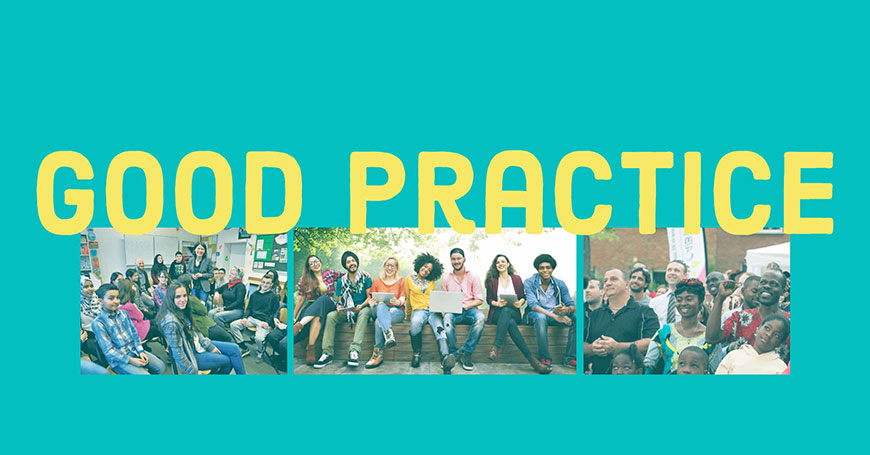Intercultural cities: good practice examples

The first step is the adoption (and implementation) of strategies that facilitate positive intercultural encounters and exchanges, and promote equal and active participation of residents and communities in the development of the city, thus responding to the needs of a diverse population. The Intercultural integration policy model is based on extensive research evidence, on a range of international legal instruments, and on the collective input of the cities member of the Intercultural Cities programme that share their good practice examples on how to better manage diversity, address possible conflicts, and benefit from the diversity advantage.
This section offers examples of intercultural approaches that facilitate the development and implementation of intercultural strategies.
The Diversity Lab
Purpose: The municipality launched the Diversity Lab programme to explore the advantages of cultural diversity, with reference to new plural economies and open innovation processes. An...
Erlangen-Nürnberg: University enables access to education for refugees
Purpose: A database to protect private data and speed up the stream of information between different departments. Stimulus/Rationale: In 2015, four times as many people fled to Europe from their...
Human Libraries
Purpose: Within the project "Braga: an Intercultural Journey", Human Library sessions are promoted in the schools of the municipality, until December 2021. The Human Library is a strategy of social...


